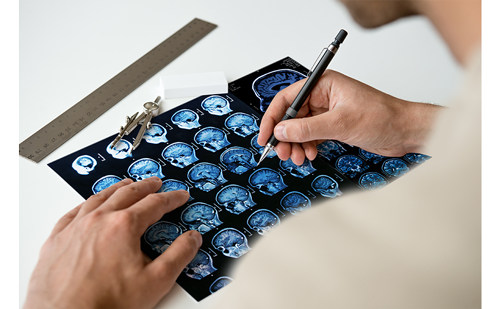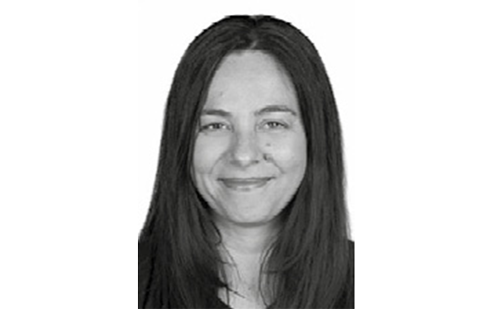As the title of the project suggests, Multiple Sclerosis – Information Dividend (MS-ID) concerns information about multiple sclerosis (MS) and the benefits to be gained from such information. In Europe, very limited data are gathered about MS, its incidence, who is affected by it, who is taking which drugs as treatment, how MS impacts on the lives of people who are diagnosed, the implication for their participation in the labour market and what additional supports the state provides and needs to provide. However, in order to better understand the impact of MS, we have to know the effects it has on society in general.
What Is the Multiple Sclerosis – Information Dividend Project?
In essence, the MS-ID project consists of two priorities:
- The development and piloting of a European register on MS. This register will gather data on people with MS from organisations participating in the project. The advantage of developing this tool on a European level means that the information will be comparative across borders. For example, one can assert that a treatment accessed by 40% of those with MS in one country may only be accessed by 5% of the MS population in another country. Without this information, no light can be shed on the situation of people with MS in Europe.
- Activation of the European Code of Good Practice in MS across the participating organisations, with eventual roll-out to all European MS Platform (EMSP) members.
Who Is Involved?
The EMSP is leading the MS-ID project, with active participation from six national societies in Germany, Iceland, Poland, Romania, Spain and the UK. The remainder of the EMSP membership base also contributes to the promotion and distribution of the project’s results.
What Are We Seeking to Achieve?
The MS-ID project is seeking to:
In short, the MS-ID project is aiming for an improved, better managed and more equitable approach to the treatment of MS in Europe, enabling people with MS to contribute to and participate rightfully as full and equal citizens in society. ■













